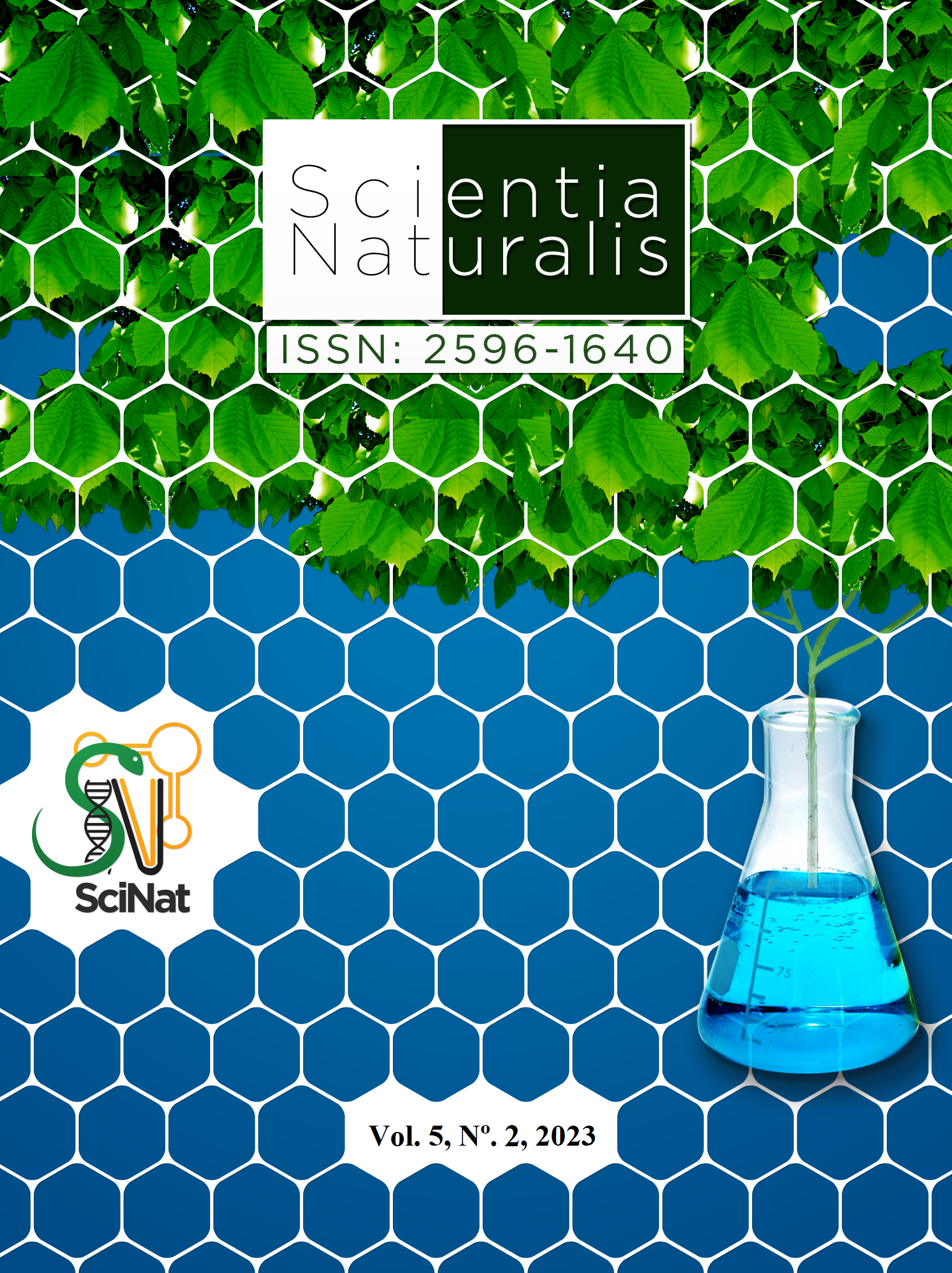Canephora coffee cultivars under saline stress and nitrogen fertilization
DOI:
https://doi.org/10.29327/269504.5.2-5Abstract
The coffee crop is of great economic and social importance for Brazil, where the use of irrigation with saline water can be a limiting factor. In this context, the physiology and biometrics of canephora coffee cultivars irrigated under different salinity levels of irrigation water and nitrogen fertilization were evaluated. The experimental design used was randomized blocks, with treatments arranged in a 5x2x4 factorial arrangement, corresponding to five levels of water salinity - ECw (0.08; 0.88; 1.68; 2.48 and 3.28 dS m-1), two canephora coffee cultivars (clones 08 and 25) and four doses of nitrogen (50, 75, 100 and 125%), with three replications and one plant per pot. Irrigation with ECw from 0.08 dS m-1 reduced stomatal conductance, transpiration, internal CO2 concentration and CO2 assimilation rate of clones (08 and 25) of canephora coffee tree at 30 days after transplant (DAT) Also, it linearly reduced the fresh and dry phytomass of shoots and dry roots, while it linearly increased the electrolyte leakage of the clones, at 60 DAT. Fertilization with a dose of N above 50% (270.55 mg of N dm-3 of soil) of the recommended dose for the crop did not mitigate the deleterious effects caused by the increase in water salinity on plant growth. However, it reduced the relative index of chlorophyll at 60 DAT.




